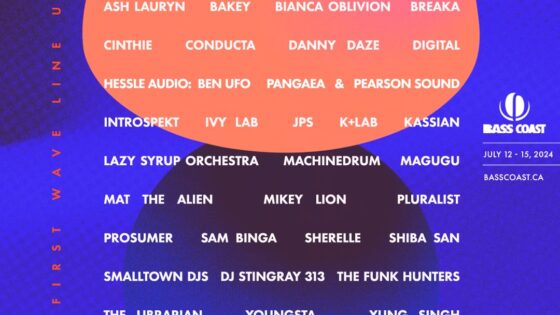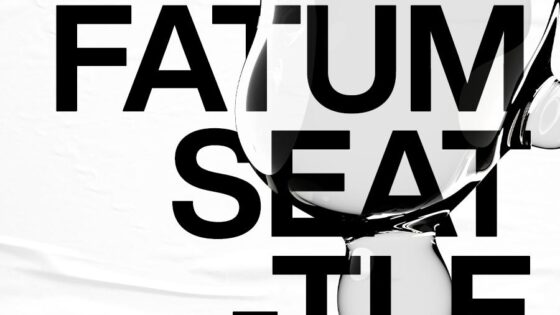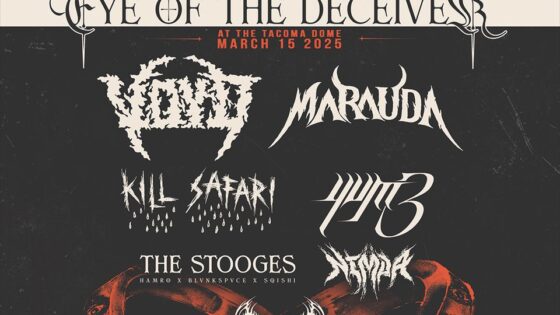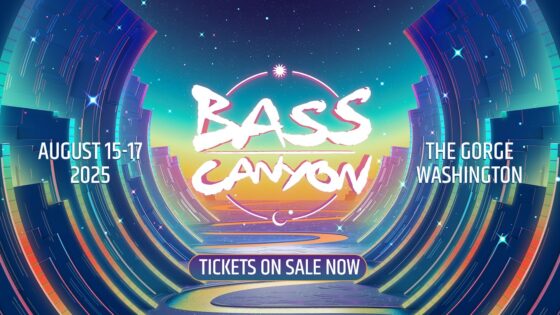In today’s world, stress is very real and, unfortunately, commonplace. Finding new and innovative ways to reduce stress is a very commonly pursued issue. Some people like to read a book on the couch, exercise, drink tea, be with friends; there’s no end to the ways people have tried to reduce stress. Now, new research has shed light on another way to reduce stress that has a universal affect across all subjects tested: attending cultural events, such as musical performances.
In a recent study by the Royal College of Music and Imperial College London, a group of 117 volunteers attend two concerts by composer Eric Whitacre, and researchers found that as a result of the experience, the stress hormone cortisol had universally decreased in all volunteers.
[pullquote align=”right”]”It is of note that none of these biological changes were associated with age, [previous] musical experience or familiarity with the music being performed. This suggests there is a universal response to concert attendance among audience members.”[/pullquote]
Cortisol is a chemical that is widely associated with stress. It is produced by the body’s endocrine system when the body is undergoing physical or psychological stress. Small doses of the chemical in your system can help with your alertness and overall well-being. However, too much “can worsen medical conditions such as heart disease, diabetes, hypertension and impotency.”
The study was performed by having the volunteers provide a saliva sample before going into the performance. After an hour, during intermission, the volunteers came back out and provided another sample to compare. Researchers found that there were across-the-board reductions in cortisol and cortisone in the second saliva samples. This suggests that musical performances do have a very effective impact on the body’s endocrine system that produces these chemicals.
Researchers did note, however, that these studies were narrow in musical scope. The music of Eric Whitacre is “relatively calm, classical music; more research will be needed to ascertain whether other genres of music elicit different effects or whether attending other types of cultural events has different endocrine impact.”
“Nevertheless, this study opens up the question of how engaging with music and the arts in cultural settings can influence biological and psychological states and, consequently, the potential of cultural events to enhance people’s broader health and well-being.”
Which begs the question, who is going to do the research on electronic music festivals and shows? We don’t know who, but it must be done…FOR SCIENCE!
We really do want to know what the effects of different genre-specific events would have in regards to stress reduction. Our hypothesis is that it would be, like this study suggests, a universally stress-relieving one. (Although some people out there may argue that an event like Bliss would be far more stress relieving than Bass Academy and vice versa.) But then again, those people would be just preaching their own bias.
If you are a researcher who would like to help us set up a study, and can provide the time and materials, let us know! We have volunteers in spades!
Important things happen in Pacific Northwest nightlife, and DMNW will send you alerts!







































